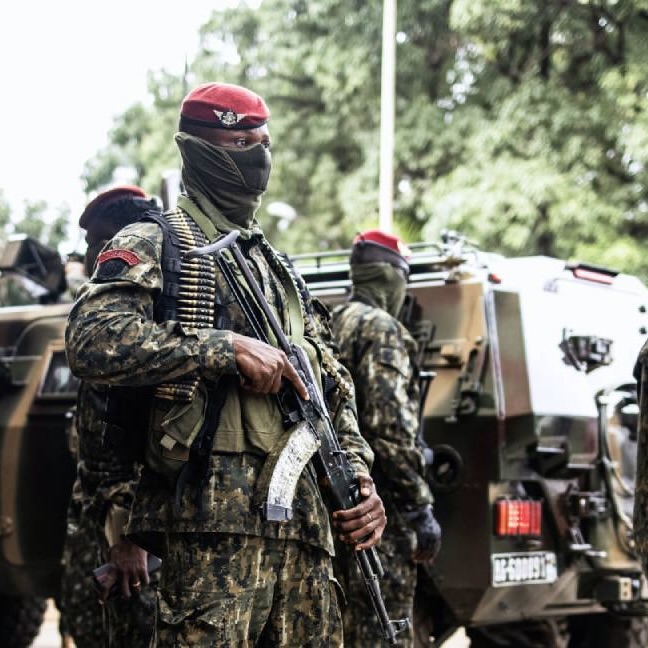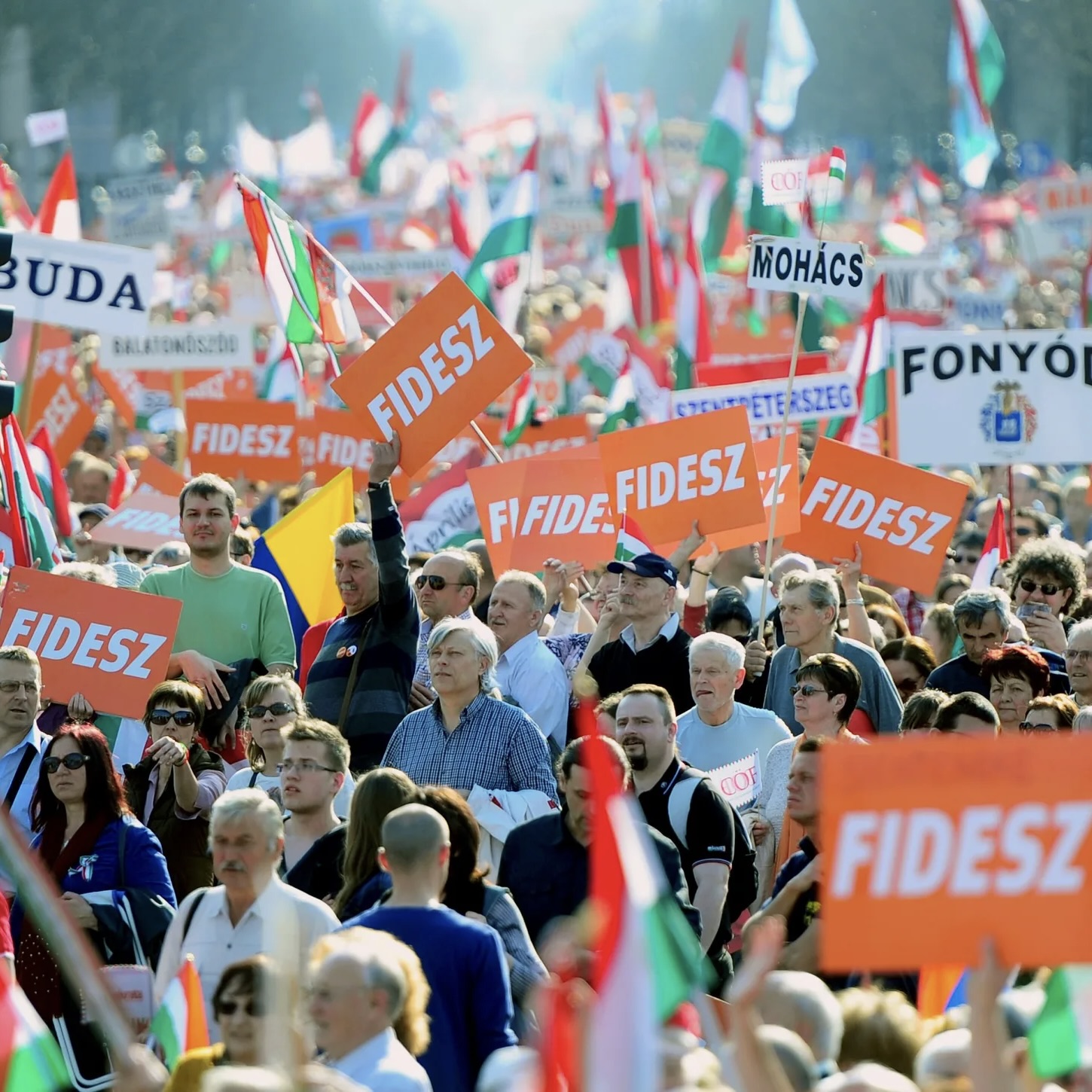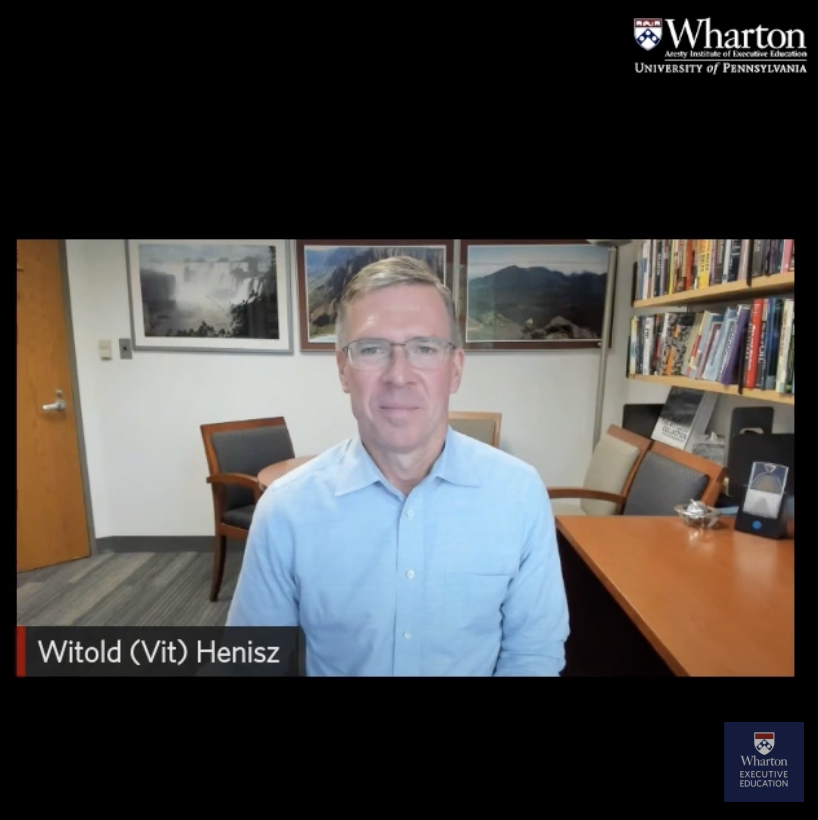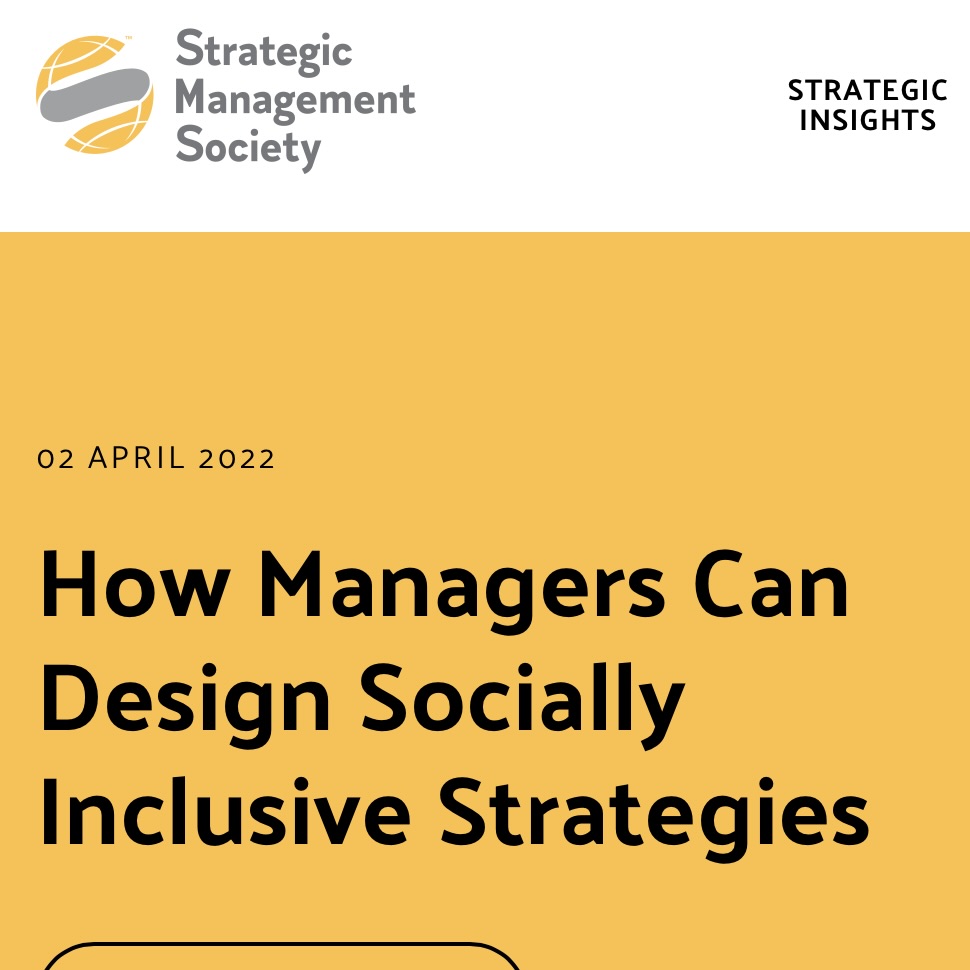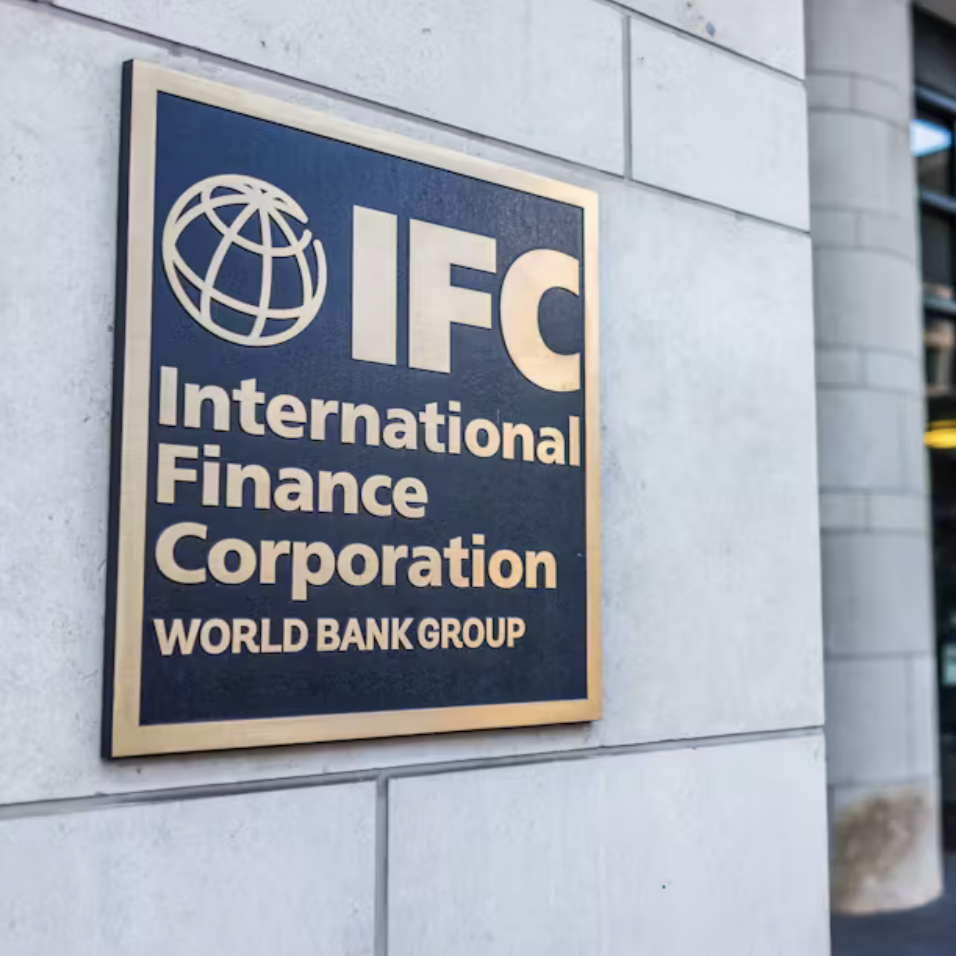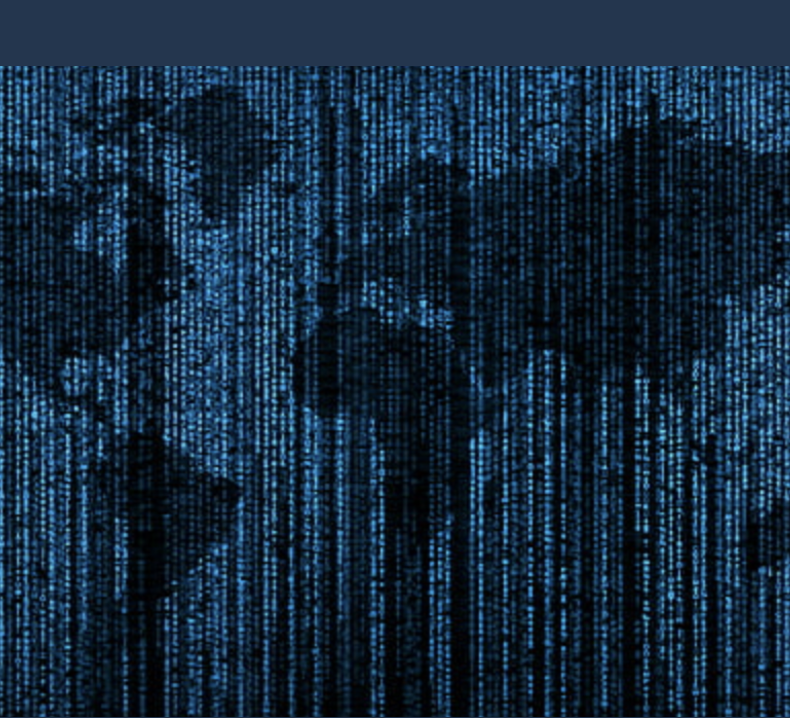
Business & Conflict Research Initiative
Innovative scholarship to reduce conflict risks for business and society and to ensure positive development outcomes from a more just and inclusive private sector
Research and analysis
Comprehensive analysis establishes that measures of conflict sentiment derived from media reports are reliable indicators of conflict risk escalation and de-escalation, with important implications for research and practice
New work establishes the exacerbation of social conflict and violence caused by commercial scale solar installations in fragile contexts, necessitating greater attentiveness to conflict risk assessment and mitigation
IFC projects cause an increase in deaths from conflict, calling for renewed discussion of the negative externalities of private sector-oriented development finance and heightened attention to conflict risk assessment and mitigation.
New research on populism shows that both organic grievances within society and the provocations of elites must be taken into account to understand the escalation of opposition to democratic and liberal systems and institutions
Insights for policy and practice
This webinar by Wharton Executive Education surveys the current battle of ideas, dollars, and action with respect to accountable capitalism—and considers how better data and insight can help to keep focus on business externalities
The Strategic Management Society discusses how managers who seek to advance a sustainable society can achieve better outcomes by designing socially inclusive strategies in both the market and non-market realms.
This article in The Conversation shows why current approaches to foreign investment need reconsideration, with particular focus on independent and empowered local oversight to manage the risk of violent conflict.
Peaceful societies require markets. But how do we avoid the negative consequences of business in fragile contexts? The Network for Business Sustainability explores ways businesses contribute to conflict—and peace

Who we are
The Business & Conflict Research Initiative (BCRI) is a consortium of scholars who collaborate on the development of innovative tools and analyses, combining the strengths of diverse academic and practice domains.
Co-founders
Brian Ganson, JD is Professor and Head of the Centre on Conflict and Collaboration at the Stellenbosch Business School. The Centre works with business, government, labour, communities and international actors to reduce the costs of conflict and increase collaborative opportunities. Prof. Ganson concurrently holds appointments as Professor in the Stellenbosch University School for Data Science, where he studies the intersection of human systems and data systems to improve conflict risk assessment and mitigation, and Research Professor at the Peace Research Institute Oslo (PRIO), where he leads research on business and conflict in Africa. Google Scholar . Brian@Ganson.org
Anne Spenser Jamison, PhD is an Assistant Professor in the Department of International Economics, Government & Business of Copenhagen Business School. She is also an affiliated scholar at Wharton's Political Risk Lab. She was previously a postdoctoral fellow at both Princeton University (School of Public and International Affairs) and Stellenbosch Business School (Centre on Conflict & Collaboration). She earned a joint PhD in business and international political economy at the University of Wisconsin–Madison. Her research interests include international political economy, foreign investment, and political risk management. Google Scholar . aj.egb@cbs.dk
Witold J. Henisz, PhD is the Vice Dean and Faculty Director of the Environmental, Social and Governance (ESG) Initiative and Deloitte & Touche Professor of Management at The Wharton School, The University of Pennsylvania. The ESG Initiative brings together Wharton faculty and students to conduct academically rigorous research, develop new curricular materials, and co-curricular experiences that shape the future of investing, consulting, and strategy on ESG factors. His research examines the impact of political hazards as well as environmental, social and governance factors more broadly on the strategy and valuation of global corporations. Google Scholar . henisz@wharton.upenn.edu
Associated researchers deploying BCRI data and analytic tools
Lauren Ferry, PhD is Assistant Professor of Political Science, University of Mississippi. Google Scholar
Paul Gbahabo, PhD is a Postdoctoral Fellow with the Centre on Conflict & Collaboration at Stellenbosch Business School. Google Scholar
Tarek Ghani, PhD is Assistant Professor of Strategy, Olin Business School, University of Washington. Google Scholar
Anastasia Gracheva is a PhD student in the Strategy and Multinational Management subfields at the Wharton School of the University of Pennsylvania. Google Scholar
Tony L. He, PhD is an Assistant Professor in the Management and Global Business Department at Rutgers Business School – Newark and New Brunswick. He is also a Senior Fellow at the Wharton Environmental, Social, and Governance Institute at the University of Pennsylvania. Google Scholar
Kristian Hoelscher, PhD is Research Director for the Peace Research Institute Oslo (PRIO). Google Scholar
Claudia Liuzza is Rethinking Diplomacy Fellow, Duke Center for International & Global Studies. Google Scholar
Lynn Meskell, PhD is PIK Professor of Anthropology and Professor of Historic Preservation, Weitzman School of Design, University of Pennsylvania. Google Scholar
Jason Miklian, PhD is a Senior Researcher at the Centre for Development and the Environment, University of Oslo. Google Scholar
Nthabiseng Moleko, PhD is a Senior Lecturer at Stellenbosch Business School. Google Scholar
Harold Puhr, PhD is Assistant Professor of International Management, University of Innsbruck. Google Scholar
Doron Tadmor is a doctoral student at the Wharton School, University of Pennsylvania. Google Scholar
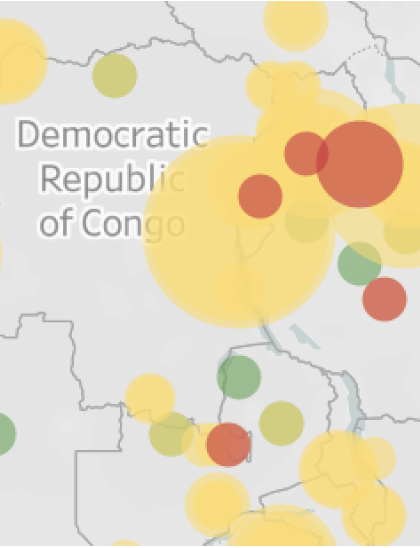
Analytic engine
The Business & Conflict Barometer (BCB) is the BCRI’s core platform. It deploys the tools of data science to listen in on the dynamics of conflict and cooperation—including issues, actors, and causal relationships—within and across defined timeframes and localized geographic areas.
BCRI's BCB enables interested parties to explore and gain an understanding of the dynamics of the private sector, conflict, and peaceful development at the granular level of companies, locations, sectors, or contexts.
The BCB thus dramatically lowers the barriers for identification of conflict-prone development pathways so that they can be avoided and addressed, as well as of peace-positive pathways so that they can be promoted and implemented—for planning, monitoring, and learning, from the project to the global perspective. In brief:
The BCB has ingested, processed, and gridded over 50 terabytes of data from diverse sources to allow for highly nuanced and econometrically sophisticated contextual and comparative analyses.
BCRI tools assess conflict sentiment—a leading indicator of conflict events—even at highly localized levels, enabling earlier identification and response.
BCRI advances data analytics that illuminate and allow us to measure intergroup faultlines and other dynamics within the network of societal relations that may complicate collaborative efforts.
BCRI analysis allows identification of positive and negative outliers in terms of impact on conflict, providing direct insights on risk mitigation performance as well as directions for further study
More detail is provided below.
The societal tensions underlying a tumultuous world
War as well as state-based and criminal violence are on the rise. Faith in the ability of international and national institutions to deal with these and other pressing human security and development challenges declines. Groups at all levels of society evidently grapple with the core questions of conflict and peace: Whom can we trust? With whom can we cooperate on the issues of greatest importance to us? With whom might we have to fight to secure our future?
These questions are in play across a variety of socio-political divides, whether urban-rural, ethno-national, regional, winners and losers from globalization, North-South, company-community, or otherwise. Navigating and helping to address these faultlines proves daunting even for those working directly to reduce violence, for actors providing aid to achieve important development goals, and for those working to unlock the positive potential of market forces to help address society’s challenges.
Promising applications of data science tools
The BCRI’s work establishes that it is wholly feasible to deploy known datasets, current information technologies, and empirically well-supported analyses to understand the societal relationships that support or undermine peace-positive development in conflict-prone and otherwise complex socio-political contexts.
At the core of BCRI work is near real-time assessment of conflict sentiment. This can be tracked by issue (e.g., gender, human rights, cultural heritage, land, water, security, or livelihoods) and actor (e.g., all of the private sector, a particular sector, or one project). Importantly, change in conflict sentiment is a leading indicator of violent conflict, allowing for course correction and mitigation efforts.
The power of sentiment data increases as it is combined with a wide range of available socio-political and socio-economic data. This allows for sentiment to be contextualised and the impact of changes in the environment to be assessed, both for strategic planning and for monitoring and evaluation of interventions.
For actors on the ground, analyses can add to human intelligence to provide peripheral vision on the dynamics of conflict and collaboration that affect a given investment or initiative, whether or not they are caused by it. Network and textual analyses enable analysis of a given project, and analogous contexts help determine the ways in which a particular project or initiative may activate conflict fault lines, amplify their conflict impact, and necessitate enhanced cross-group engagement.
For portfolio actors, such as an investor, development partner, or company HQ, analysis illuminates the range of risks—environmental, socio-political, project-specific, or actor-specific—through multivariate analyses across comparable projects and contexts. Monitoring of conflict sentiment—related to the project locality, intergroup relations in general, or the project, its sponsors, and contractors—can support proactive management inquiry, resource reallocation, or project gateway decisions (i.e., whether to move to the next phase).
For global actors, such as an advocacy group, international agency, or government, structured data enables testing of presumed associations between private and public development efforts and conflict (from academia and policy work) and the discovery of new ones. It allows assessment of the contributing factors associated with conflict (e.g., institutional robustness) as well as its mitigation (e.g., more inclusive and consensus-oriented processes) for policy and practice.
Planning for the Future of the BCB
The BCRI continues to carry out research as it develops its core platform, the Business & Conflict Barometer. With further support, the BCRI can achieve the following:
Infrastructure development. The BCB would more optimally sit as a relational database maintained as a public good. BCRI is mobilizing resources to deploy the human skills and technological required for the BCB to provide trusted stewardship of curated data; a robust data processing and data management infrastructure; interfaces, tools and expert support that meet the needs of users at varying degrees of sophistication; and interfaces that allow data to be collected according to local needs but integrated with the global system.
Testing and refinement of data sources and analytic approaches. While sentiment data derived from print media has proven analytically powerful, additional media (e.g., radio) and sources of insight (e.g., trusted corpuses from think tanks or issue advocacy groups, or locally sourced data) should add refinement. Machine learning approaches to analysis also show promise. To pursue these, data must be acquired and fed into the BCB and then validated to inform their use in increasingly sophisticated conflict sentiment analysis, issue network analysis, and conflict systems mapping.
Engaged research. The BCRI proceeds on the premise that positive change is mobilized where data systems intersect with human systems—for sense making, strategy setting, consensus building, and governance—in ways that add up to action systems. The BCRI thus seeks to conduct research and develop data analytic capabilities together with private companies, development partners, and advocacy groups working to monitor their own work and advance human security and human development in post-conflict and otherwise complex socio-political contexts.
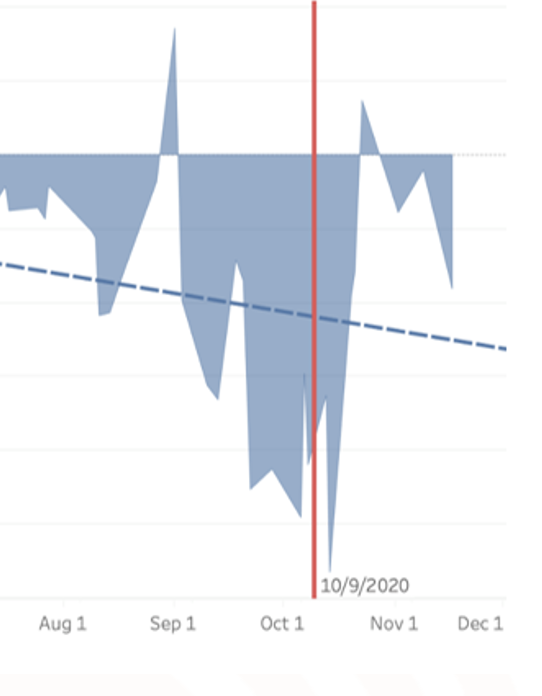
Select data-driven research insights
These select works by researchers deploying BCRI data and analytics show the power and potential of applying the tools of data science to achieve greater insight on conflict risk and its mitigation.
Media reported sentiment predicts future conflict events
Jamison, Anne Spencer, Kristian Hoelscher, Jason Miklian, Witold J. Henisz and Brian Ganson “Media Sentiment and Future Conflict Events: Evidence and Implications for Peace Research”
Foreign direct investment proximate to indigenous land claims aggravates conflict
Jamison, Anne Spencer, Witold J. Henisz and Doron Tadmor “Indigenous Land Claims and Foreign Direct Investment: Evidence of Conflict Impacts from Geo-Spatial Media Event Data”
Solar investments in conflict affected states increase violent conflict
Jamison, Anne Spencer, Brian Ganson, Witold J. Henisz and Joe Bettles, “From Green to Blood Red: Sustainable Investments, Contested Property Rights, and Conflict Risk”
Business relationships that are more concentrated (i.e., elite dominated) are associated with greater conflict than those that are more participatory (i.e., inclusive)
Henisz, Witold J. and Anne Spencer Jamison “Business, Inclusive Stakeholder Relations and Conflict”
IFC sponsored projects increase conflict
Ganson, Brian, Anne Spencer Jamison, and Witold J. Henisz “IFC Projects and Increased Armed Conflict”
Political risk events negatively impact stock prices for exposed firms
Jamison, Anne Spencer, Witold J. Henisz, Anastasia Gracheva and Xuchong Shao “The Cost of Political Risk Events: Variation by Risk Class, Exposure and Asset Specificity”
Media reported social protests increase sovereign credit risk
Ferry, Lauren, Anne Spencer Jamison, Witold J. Henisz and Anastasia Gracheva “Sustainability, Political Risk and Sovereign Credit Risk: Pricing High Frequency Environmental, Social and Governance News”
Designation of a UNESCO World Heritage site increases conflict
Jamison, Anne Spencer, Claudia Liuzza, Witold J. Henisz, and Lynn Meskell “Liberalization, distributional consequences, and social conflict: Evidence from UNESCO World Heritage”
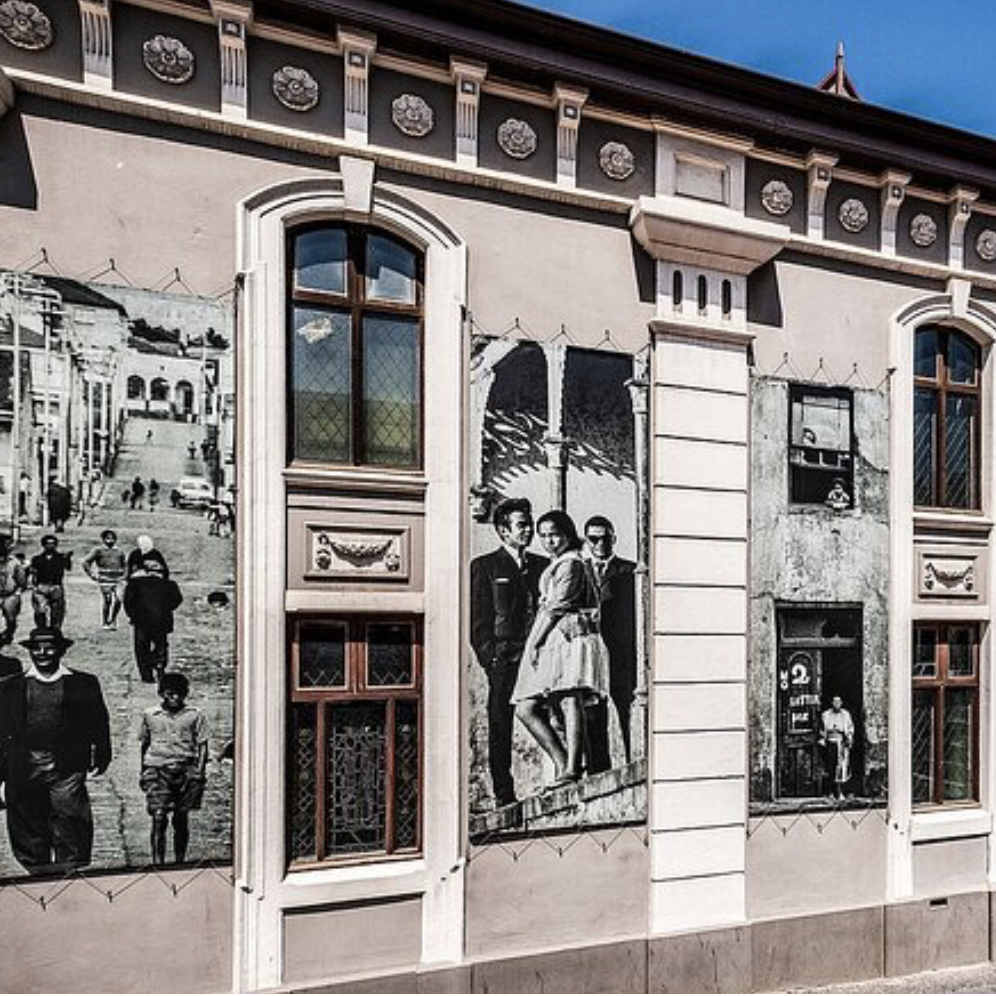
Select theoretical and qualitative work
BCRI researchers also engage in theory development and deep qualitative work to ensure that data analytic work proceeds from well grounded propositions and critical questions from the field.
Positive business efforts can be easily thwarted by broader conflict dynamics.
Cechvala, S. & Ganson, B. 2024. Systems Perspectives on Business & Peace. Journal of Business Ethics.
The interdependencies of shareholder activism can be more fully understood as a complex, adaptive system.
Chuah, K., DesJardine, M. R., Goranova, M., & Henisz, W. J. (2024). Shareholder activism research: A system-level view. Academy of Management Annals, 18(1), 82-120.
The private sector remains an important vector for persistent conflict and fragility in post-confict reconstruction.
M’cleod, H. & Ganson, B. 2023. The persistence of fragility in Sierra Leone. In State Fragility: Cases and Comparisons (N. Bizhan, ed.) London: Routledge.
Negative firm-stakeholder relationships raise conflict risks as they reverberate in broader intergroup relations.
Ganson, B., He, T. & Henisz, W. 2022. Business and Peace: The Impact of Firm-Stakeholder Relational Strategies on Conflict Risk. Academy of Management Review 47(2) 259-281.
Firm behaviors in daily operations can change society's capacity to address its grand challenges.
Ganson, B., He, T. & Henisz, W. 2022. “Us” and “Them”: Corporate Strategic Activism, Horizontal Inequalities, and Society’s Capacity to Address Its Grand Challenges. Global Strategy Journal.
PSD in conflict-prone places is an ongoing process of social and political consensus on matters of the economy.
Ganson, B. 2021. Private sector development in fragile states: A peacebuilding approach. Institute for Security Studies. ISSN: 2617-8303.
Business impact on conflict is contingent on its interactions with key driving factors of conflict and social cohesion.
Ganson, B. 2019. Business and Peace: A Need for New Questions and Systems Perspectives, in Business and Peacebuilding: Beyond the Sustainable Development Goals (2019, J. Miklian, ed.), London: Routledge.
There may be strong disincentives for businesses to play a constructive role in good governance and development.
Ganson, B. 2019. Business (not) for peace: Incentives and disincentives for corporate engagement on good governance and peaceful development in the African context. South African Journal of International Affairs Vol. 26, No. 2, 1-24.
Optimal BER concurrently stimulates broad-based economic growth, expands economic opportunity in formal and informal markets, and addresses drivers of conflict and fragility.
Luiz, J., Ganson, B. & Wennmann A. 2019. Business Environment Reforms in Fragile and Conflict-Affected States: From a Transactions towards a Systems Approach. Journal of International Business Policy Vol 2, No. 3, pp. 217-236.
Democracy inhibits de facto financial reform when society at large is dissatisfied with government.
Witold Henisz and Edward Mansfield (2019), The Political Economy of Financial Reform: De Jure Liberalization vs. De Facto Implementation, International Studies Quarterly, 63 (3), pp. 589-602.

Illustrative projects and supporters
BCRI generates evidence and insight on the many complex inter-relationships between the private sector, conflict and peace, human security, and human development.
Peace Positive Private Sector Development in Africa (P3A) unites researchers at Copenhagen Business School, the Peace Research Institute Oslo (PRIO), Stellenbosch University, the University of Oslo, and the Wharton School of Business, University of Pennsylvania. The project utilises continent wide disaggregated quantitative analyses and focused case comparison to advance the understanding of how, and under what conditions, private sector development exacerbates or mitigates conflict in Africa.
__________________________________
BCRI participates in an effort to conceptualise and lay the groundwork for an Integrated Management System for Socio-environmental Conflicts in the Mining sector for Latin America and the Caribbean (LAC). The research reviews and characterises conflict related to mining in LAC; efforts to manage it as well their successes and shortcomings; and possible approaches for the future. The consortium is led by Dialógica (Mexico).
__________________________________
BCRI research and reports have been supported in part by the following:
Bay & Paul Foundation
Ernst & Young
Inter American Development Bank
Peace Finance Initiative
Research Council of Norway
Swiss Federal Department of Foreign Affairs
University of Michigan School of Information


